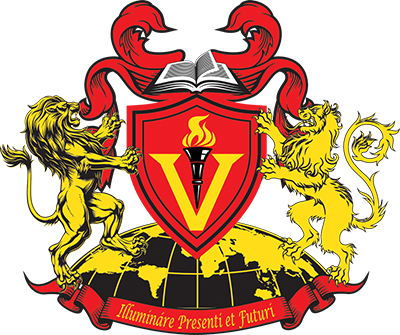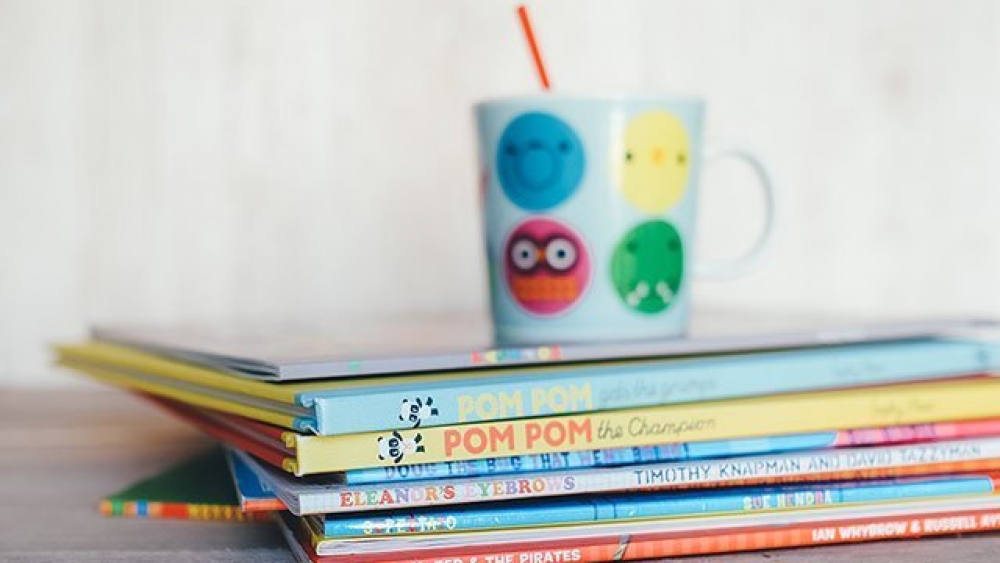Whether your child is attending a Montessori preschool in Australia or a Montessori preschool in Winnetka, CA, there are several characteristics of the Montessori experience that won’t change. A big part of this common foundation is the five core principles that guide the Montessori Method. Dr. Maria Montessori developed these principles as she created her unique approach to education at the turn of the 20th century. Even though these principles and the Montessori Method were first used over 100 years ago, they have endured and can even seem progressive today. Read on to learn what the core principles can look like in practice.
1. Children are shown respect
As she started her research and career in education, Dr. Montessori observed that generally, traditional education did not respect children. Children were often treated as less than the teacher as their needs, wants, and interests were made secondary to those of the instructor. To change this dynamic, Montessori proposed that educators demonstrate the kindness they wish to cultivate in children by taking a child-centered approach. In Montessori schools, teachers are encouraged to take their students’ curiosity seriously, help them learn for themselves, and foster their independence.
2. Children have absorbent minds
Dr. Montessori observed that children are ready and eager to learn and easily absorb information from the world around them. This observation turned into a principle helps to guide Montessori educators as they create a learning environment and facilitate their students’ interaction with it. In their view, learning is always occurring and knowing that fact is the foundation of meaningful learning experiences.
3. Sensitive periods are the key
Sensitive periods refer to particular time frames during development when children have a heightened capacity to learn certain information or skills. It varies with each child when sensitive periods present themselves and for what aptitude. In Montessori schools, teachers observe their students to identify these sensitive periods and provide the right resources and tools to support and accelerate their learning.
4. The prepared environment is best for learning
The Montessori classroom is a specially prepared environment that promotes a child’s freedom of choice. The room is well organized, with plenty of learning materials and space to use them. Students are encouraged to navigate the room on their own, letting their curious minds guide them as they explore the many learning tools the teacher has set out based on their students’ interests and progress. The prepared environment helps students become active, hands-on participants in learning.
5. Children are capable of self-education
In some ways, the four other principles culminate in this fifth principle: with the right support, children can teach themselves. In Montessori preschool, the thoughtfully prepared environment, authentic freedom of choice, and respect for children and their curious minds all work together to cultivate a life-long love of learning from the start.
Valor Montessori Prep’s goal is to develop confident, competent, self-disciplined and driven individuals, who can work cooperatively for the benefit of society. Schedule a tour of our Montessori preschool to learn more!

